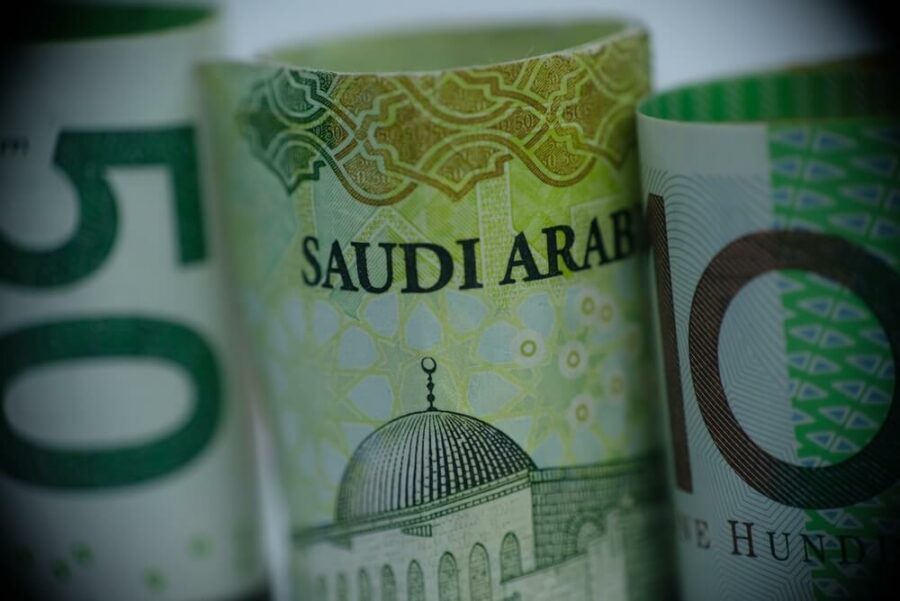The Saudi economy remains resilient, and its credit profile derives strength from a strong government budget with moderate debt levels and large financial reserves, according to Moody’s Investors Service.
In its annual credit analysis for Saudi Arabia, Moody’s said credit strengths include a strong balance sheet supported by moderate debt levels and large financial reserves, as well as high economic resilience supported by effective policies and proven oil reserves with low extraction costs.
The government has shown the increasing effectiveness of its fiscal policy by judiciously dealing with the oil price shock in 2020, and the Kingdom’s positive outlook depends on the growing likelihood that structural reforms will help over time reduce economic and financial dependence on oil.
Read: Saudi’s sukuk issuance draws massive $17 bn in requests
It noted that the government’s budget will continue to improve in the next few years, and predicted the balance of the Kingdom’s financial position in 2023 and 2024.
Moody’s based its assumptions on an oil price of $85 per barrel in 2023 and $83 per barrel in 2024 and bases its assumptions on an oil price of $50 to $70 per barrel in the medium term.
The kingdom, rated “A” and the third-highest sovereign credit rating by Moody’s, is implementing structural reforms in the wake of oil price shocks.
The credit rating agency said continued reform would not only strengthen its financial base but also help reduce its dependence on oil revenues.
“The positive outlook reflects the growing likelihood that large-scale structural reforms and investments in a wide range of diversification projects will significantly help reduce the sovereign state’s economic and financial dependence on hydrocarbons over time,” said Christian Fang, vice president, and senior analyst at Moody’s.
The kingdom has continued its growth momentum this year. Its economy grew 3.9 percent in the first quarter year-on-year, as the non-oil sector continued to grow strongly, according to the latest data from the General Authority for Statistics.
The International Monetary Fund expects the kingdom’s economy to grow by 3.4 percent this year, while the World Bank estimates growth of 2.2 percent.
For more on Saudi, click here.




